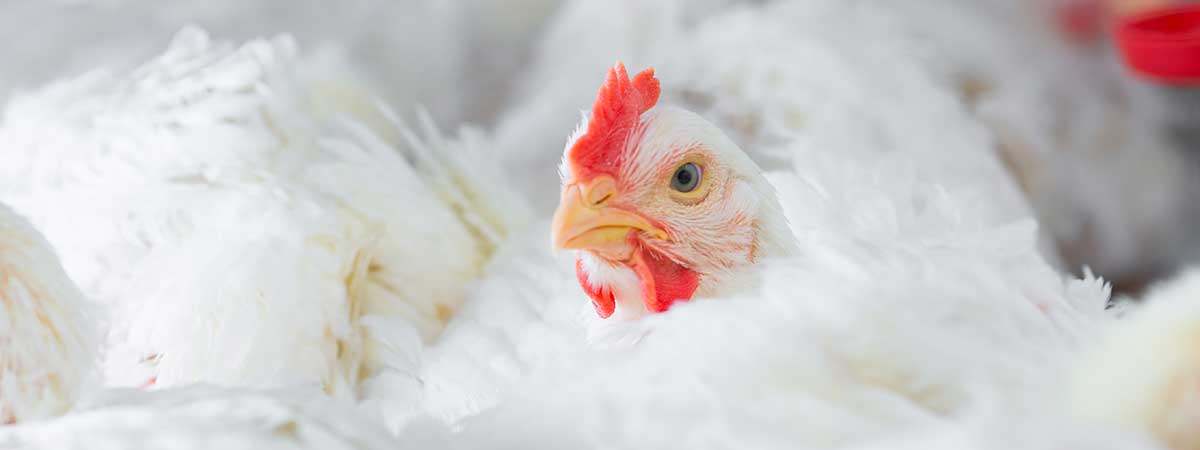The gastro-intestinal tract (GIT) is a very dynamic tissue that balances the need for digestive and absorptive functions while serving a role in tolerating the presence of indigenous microbiota and other antigens. Some probiotic cultures have confirmed their ability to alleviate the negative and non-productive responses of pathogenic bacteria on the GIT. Cell culture studies have verified direct beneficial mechanisms of probiotic cultures on intestinal cell cultures, including mucin production modification, changes to the intestinal cell cycle, maintenance of intestinal tight junction and reduction to inflammatory cytokine balance. Demonstrations of these direct mechanisms in the bird, however, are limited. Nevertheless, studies with poultry have shown that specific probiotic cultures can influence (directly or indirectly) pathogen exclusion, intestinal structure, intestinal and systemic cytokine responses and phagocytic cell activity thus resulting in a net positive effect on alleviating disease symptoms and improvements to bird performance.
What You Will Learn
- History of research and expectation of effects spanning dogma and scientific studies.
- Review of ranges of functions (including the plasticity) the GIT has and how they respond to challenges and “costs” associated with those responses.
- Targeted application based on modes of action and selection.
- Many will simply categorize DFMs as a commodity, and will discuss why this is not the case based on selection and modes of action.



